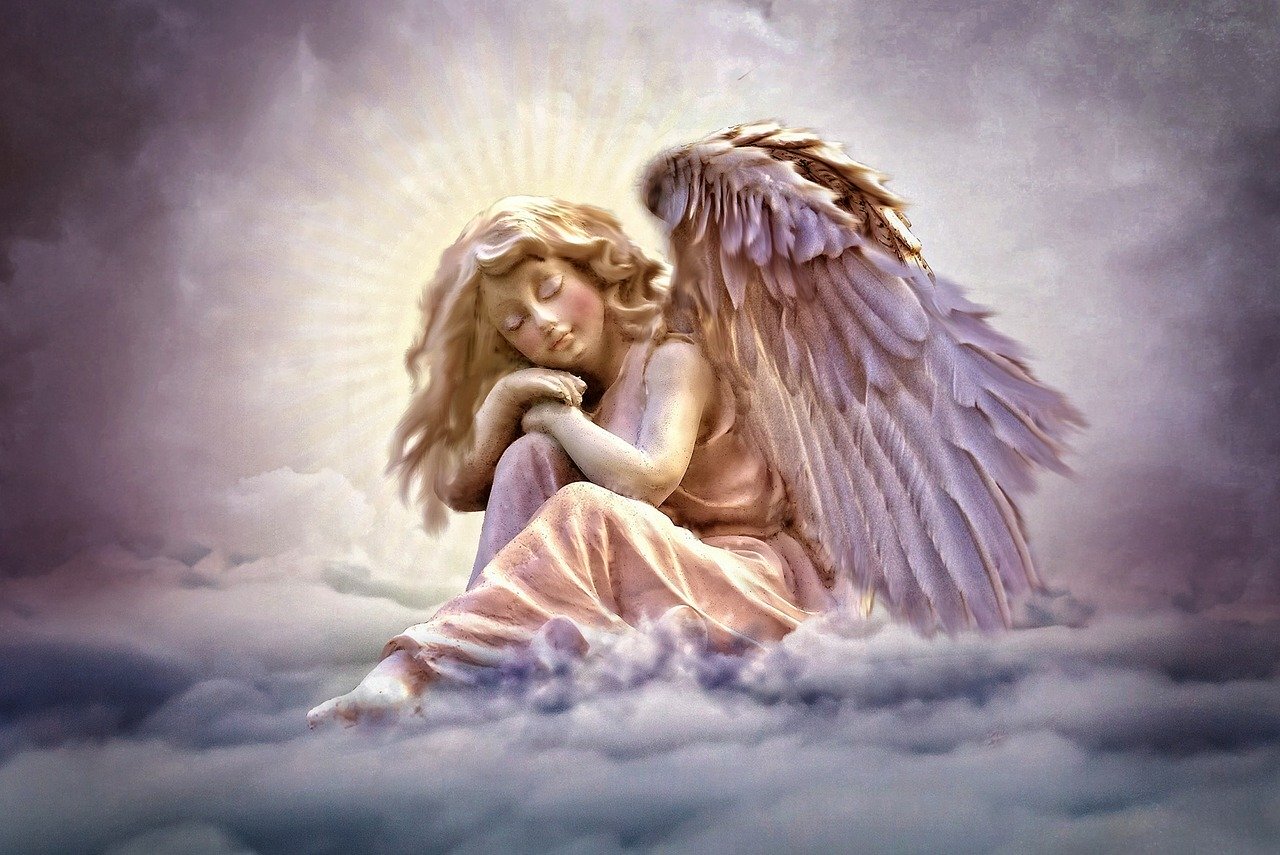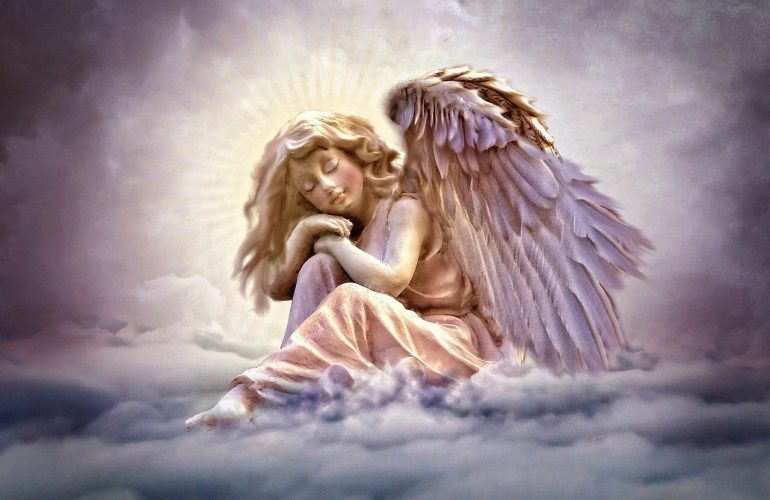Table of Contents
Guardian angels, a concept that has spanned cultures, religions, and time, have always captivated the human imagination. These celestial beings, believed to guide and protect individuals from harm, have not only been revered in religious texts but also have been celebrated in art, literature, and personal anecdotes. But where did this belief originate, and how has it evolved over time?

Origins of the Belief
The belief in guardian angels can be traced back to ancient civilizations. The Egyptians, Greeks, and Romans all held notions of spiritual beings or deities assigned to protect individuals or even entire cities. Over time, these beliefs were incorporated into monotheistic religions, and the concept of guardian angels became more personalized.
In Christianity, references to guardian angels can be found in the Bible. In the New Testament, for example, Jesus speaks of these celestial beings in the book of Matthew, saying, “See that you do not despise one of these little ones. For I tell you that in heaven their angels always see the face of my Father who is in heaven.”
Roles and Responsibilities
Guardian angels are believed to perform several roles in their mission to protect and guide. They act as intermediaries between God and humans, conveying messages and guiding individuals towards their divine purpose. Many believers also hold that guardian angels intervene in times of danger or distress, offering comfort or even orchestrating miraculous escapes from harm.
Personal Experiences
Throughout history, countless individuals have reported personal encounters with guardian angels. These testimonials often describe feelings of overwhelming peace, visions of radiant beings, or inexplicable interventions during perilous situations. Such personal experiences, while varied, share a common theme: the presence of a protective force, guiding and guarding through life’s challenges.
One might wonder about the relationship between such spiritual beliefs and modernity. In today’s digital era, where traditional beliefs often cross paths with contemporary practices, is there space for such age-old convictions? Interestingly, even in modern digital hubs like https://bitcoincasinos-au.com/, one can find nods to ancient symbols, including protective talismans or even angelic themes, hinting at the universality and timelessness of such beliefs.
Guardian Angels in Popular Culture
Art and literature have been instrumental in shaping and reflecting society’s views on guardian angels. Renaissance paintings, for instance, often depicted these ethereal beings with luminous wings, guiding and watching over humans. This artistic representation has, over time, solidified the popular image of guardian angels that we recognize today.
In literature and films, guardian angels are often portrayed as guiding figures, appearing in pivotal moments to offer wisdom, guidance, or intervention. Their depictions vary from visible winged beings to more symbolic presences, but the underlying theme remains consistent: a protective, guiding force.
Also Read: What Does Philippians 4:13 Mean?
Skeptics and Believers
Like many spiritual beliefs, the concept of guardian angels is not without its skeptics. Some argue that experiences attributed to these protective beings can be explained by psychology, coincidence, or even the brain’s response to stress. They suggest that in moments of crisis, the human mind might conjure images of guardian angels as a coping mechanism.
On the other hand, staunch believers argue that the consistent and widespread nature of such testimonials, spanning cultures and eras, hints at a universal truth. For them, guardian angels are as real as any tangible entity, their presence felt and experienced in myriad ways.
In conclusion, the belief in guardian angels, with its rich history and profound personal testimonials, offers a fascinating insight into human spirituality. Whether considered symbolic representations of the human psyche or genuine celestial protectors, their appeal is undeniable. As society evolves and new frontiers like the digital world emerge, it’s comforting to think that age-old beliefs, like the guardian angel, continue to find relevance, offering solace and protection in an ever-changing world.



